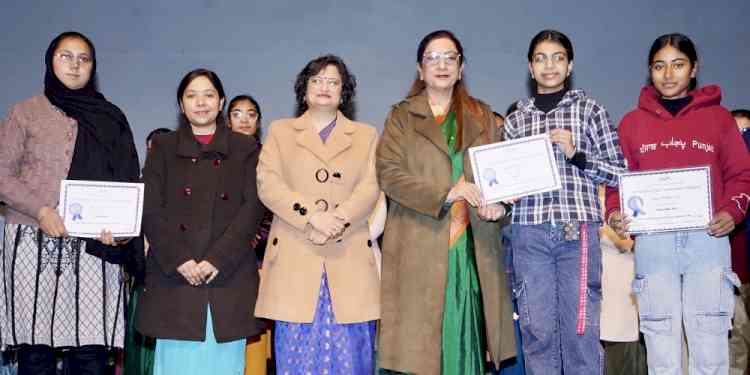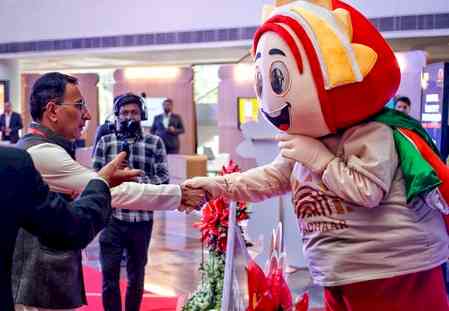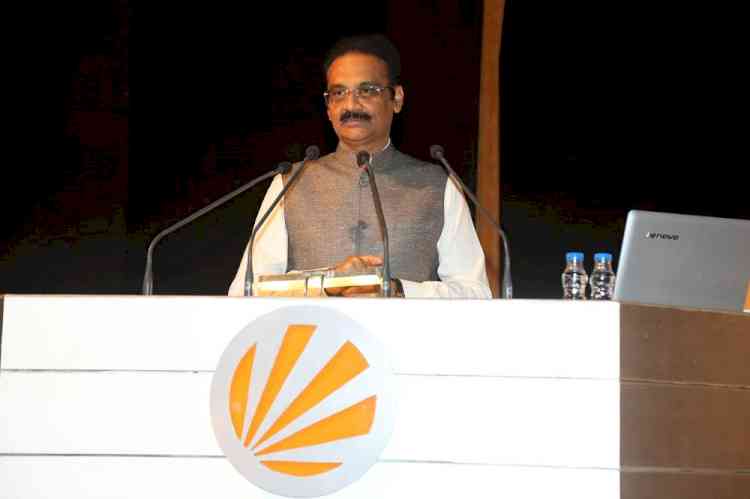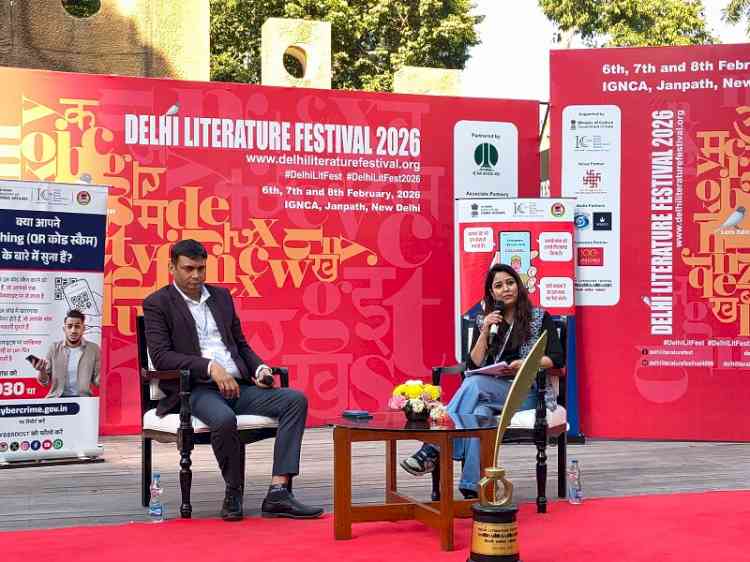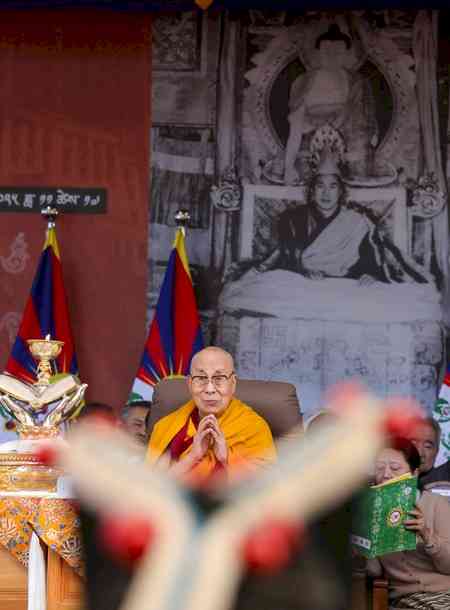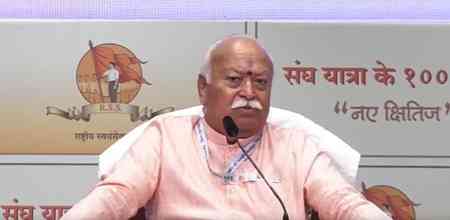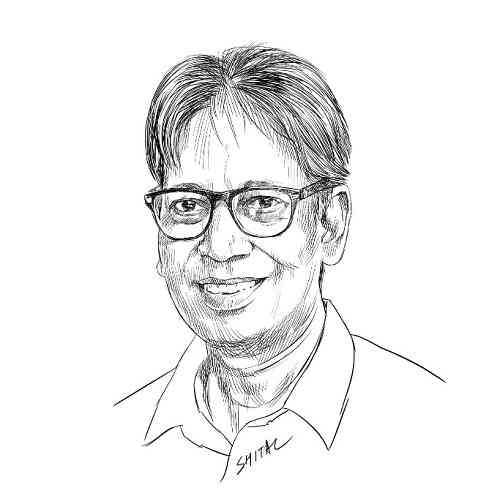Insightful and thought-provoking session on Exploring the Development Sector: Roles, Skills, and Opportunities
The Department of Sociology, in collaboration with the Department of Philosophy, organised an insightful and thought-provoking session on Exploring the Development Sector: Roles, Skills, and Opportunities at the Seminar Hall of the Department of Sociology.
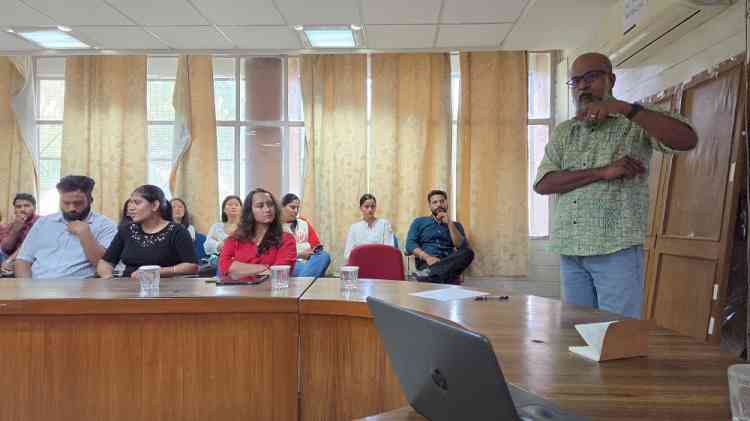
Chandigarh, September 20, 2025: The Department of Sociology, in collaboration with the Department of Philosophy, organised an insightful and thought-provoking session on Exploring the Development Sector: Roles, Skills, and Opportunities at the Seminar Hall of the Department of Sociology.
Dr. Prakash Iyer from the School of Education, Azim Premji University, Bengaluru, delivered the keynote address in the esteemed presence of Dr. Vinod Choudhary, Chairperson, Department of Sociology; Prof. Lallan Singh Baghel from the Department of Philosophy; and Dr. Pankaj Srivastava, Chairperson of the Department of Philosophy.
Dr. Iyer brought to the discussion a rich and nuanced perspective drawn from his extensive experience in the education and development sectors. His lecture focused on the dynamic and evolving roles, skills, and opportunities within the development sector, with a special emphasis on the transformative role of NGOs as service providers in today’s socio-political context, describing the development sector as inherently progressive.
A significant part of Dr. Iyer’s talk revolved around the role of civil society in upholding constitutional values and promoting inclusive growth. He drew from feminist theories to underline the importance of equity, participation, and social justice in development work. Dr. Iyer also offered a multidisciplinary lens to explore the education sector. He described education not merely as an institutional function but as an ecosystem involving a diverse set of professionals, from teachers and administrators to policymakers and community workers. His approach underlined the complexity of educational systems, especially in pluralistic societies like India, and the need for context-sensitive policies.
In a compelling segment of his talk, Dr. Iyer addressed the language policy in Indian education, specifically discussing Maharashtra’s adoption of the two-language formula. He presented this as an example of the complex negotiations between pedagogy, policy, and identity in educational reform, emphasising the need for linguistic inclusivity and regional relevance. Throughout the session, Dr. Iyer encouraged students and faculty to think critically about the role of education and development in shaping democratic societies. He stressed the importance of constitutional values such as justice, liberty, equality, and fraternity as guiding principles for those working in the development sector.
The session concluded with an engaging Q&A round, where students and faculty members raised pertinent questions about the future of the development sector, career pathways, and the role of academic institutions in fostering social responsibility. The discussion reflected a deep interest among participants in exploring interdisciplinary approaches to education, policy, and social change.



 City Air News
City Air News 
